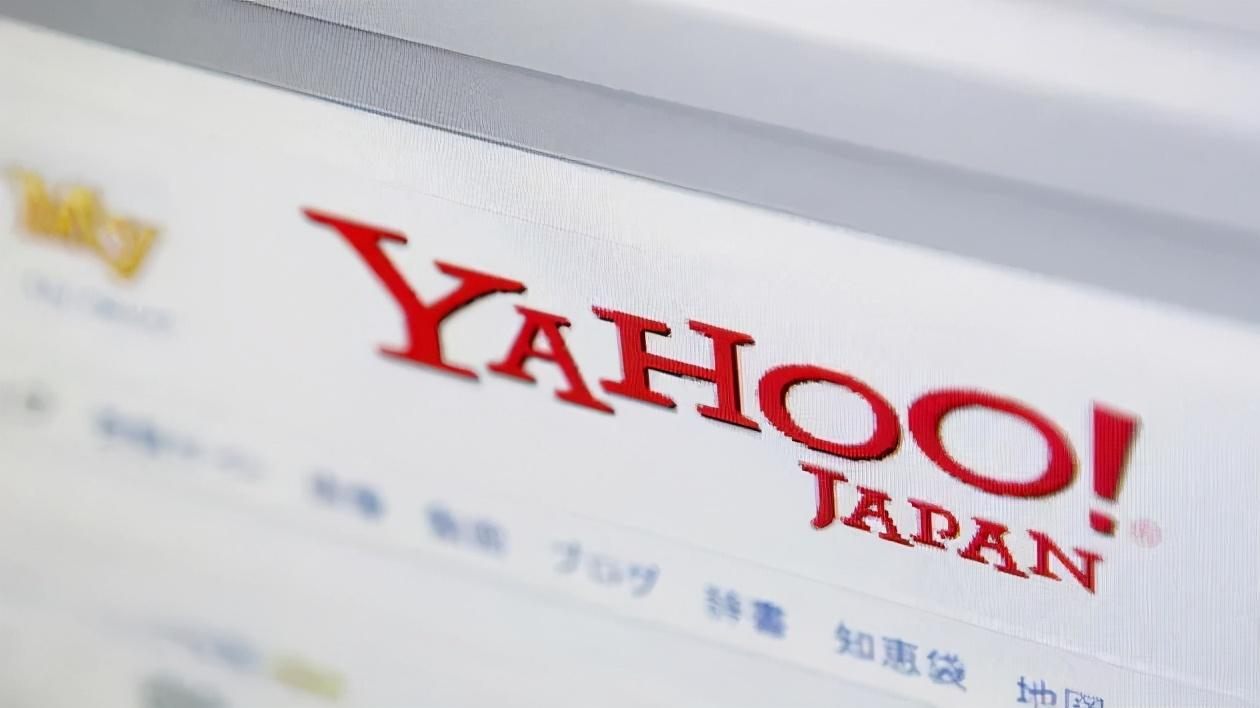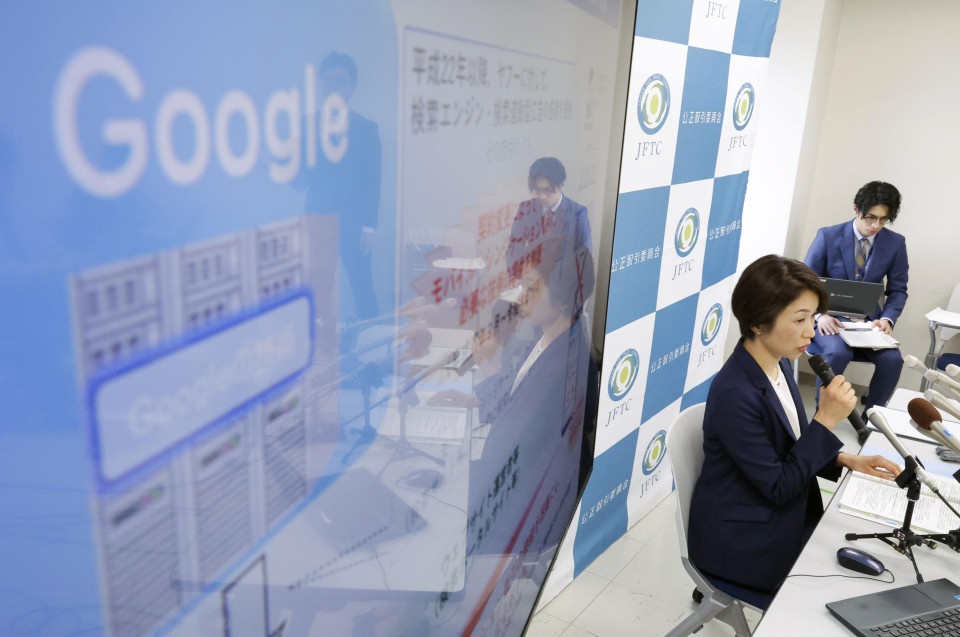Google Accused of Antitrust Tactics by Japan
Japan's antitrust agency has filed a lawsuit against Google for allegedly restricting Yahoo's use of key search-linked mobile advertising technology.
Currently, regulatory agencies worldwide are increasingly vigilant about the digital economy, ensuring fair competition, and preventing any single entity from monopolizing critical digital services through ever-expanding scrutiny.
On April 21, Japan's antitrust agency, the Japan Fair Trade Commission (JFTC), formally demanded Google to adjust its operational mode of advertising search business. According to the statement, Alphabet, Google's parent company, took improper measures from 2015 to 2022, spanning seven years, to prevent Yahoo Japan from accessing key elements of targeted advertising revenue.
This restriction not only harmed Yahoo Japan's competitiveness in the targeted search advertising field by preventing the company from displaying its search ads on Google's third-party websites but also undermined the principle of fair competition in the domestic advertising market, severely constraining the development of the targeted search advertising market. It also affected advertisers and consumers, stifling competition and innovation in the industry.

According to reports, Yahoo Japan is currently a Japanese online platform owned by LY (Line operator). In 2010, Google and Yahoo Japan formed an alliance, with the latter utilizing the former's advertising technology to display online ads related to search keywords; until November 2014, when Google requested contract modifications, limiting Yahoo Japan's ability to display such ads. In September 2015, Yahoo Japan complied with these requirements due to concerns about losing access to Google's search engine.
In 2022, the JFTC initiated an investigation into this matter, and shortly after contacting Google, the company quickly restored the contract to its original state.
It is reported that the JFTC notified Google of suspected violations through a "commitment procedure" last month. The company can submit a plan to address the problematic behavior. If the proposal is deemed insufficient by the JFTC, they may restart the investigation. Google has received a timetable for correcting its actions and has submitted suggestions for improving its practices. The JFTC will also review Google over the next three years and supervise its adjustment process. Currently, no penalties have been imposed on the company by the JFTC.

Saiko Nakajima, head of the JFTC's Digital Platforms Investigation Department, said in a press release that many third-party websites are "forced to use Google's services" as a result of the requirement, so the department is monitoring Google's adjustments to its behaviour while strengthening its oversight of trends related to digital platforms and responding "appropriately and promptly" when potential misconduct is detected. respond "appropriately and promptly" when potential misconduct is detected.
The news comes at a time when Japan is tightening controls on digital platforms. Sources familiar with the matter said the Japanese government is looking to submit a draft bill that would prohibit monopolistic practices related to smartphone operating systems, including, but not limited to, the exclusion of competitors from app shops and payment systems. Whether U.S. tech companies such as Apple and Google will be affected is not yet known.
·Original
Disclaimer: The views in this article are from the original Creator and do not represent the views or position of Hawk Insight. The content of the article is for reference, communication and learning only, and does not constitute investment advice. If it involves copyright issues, please contact us for deletion.